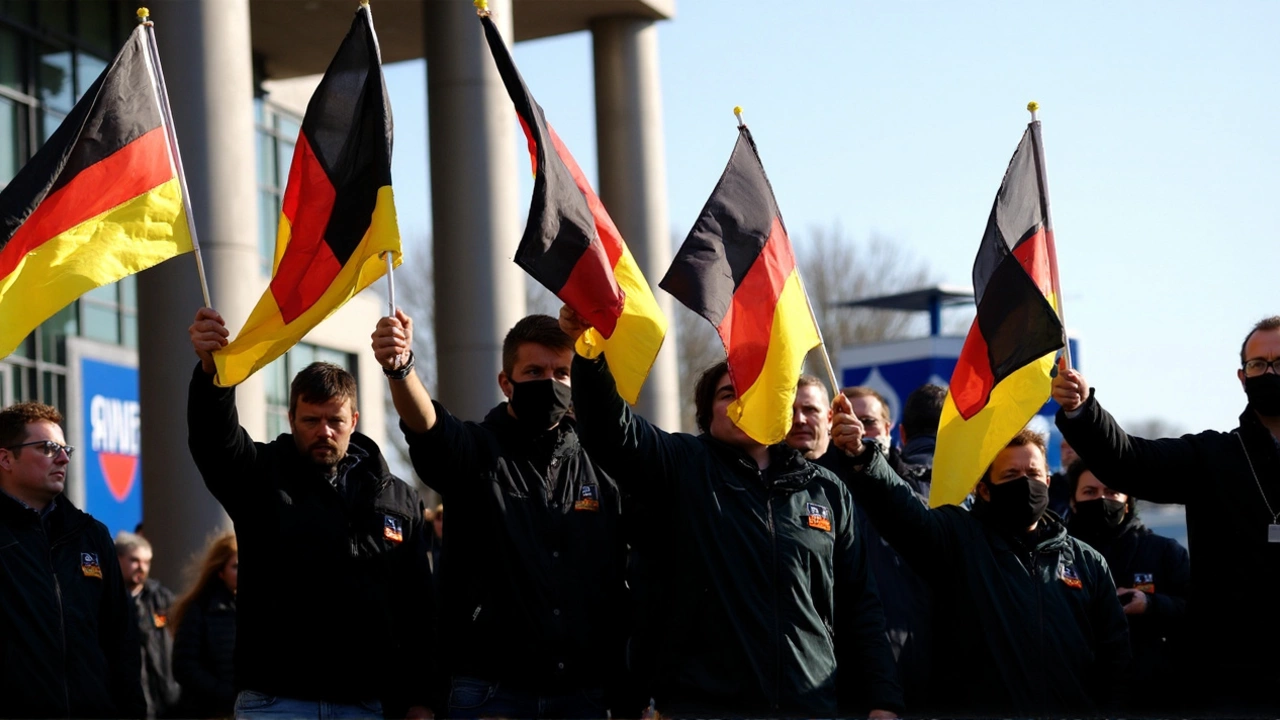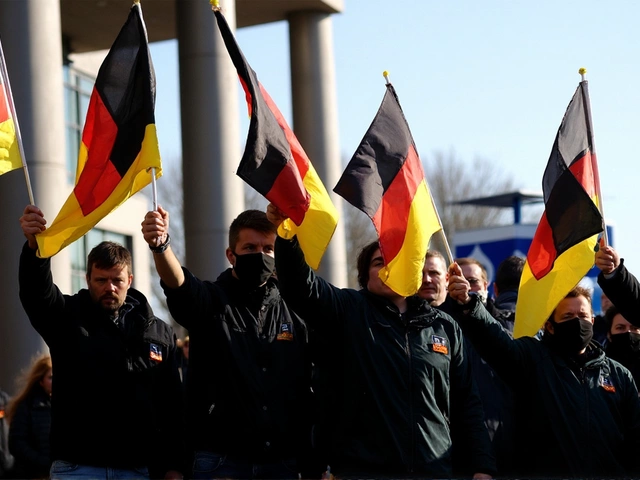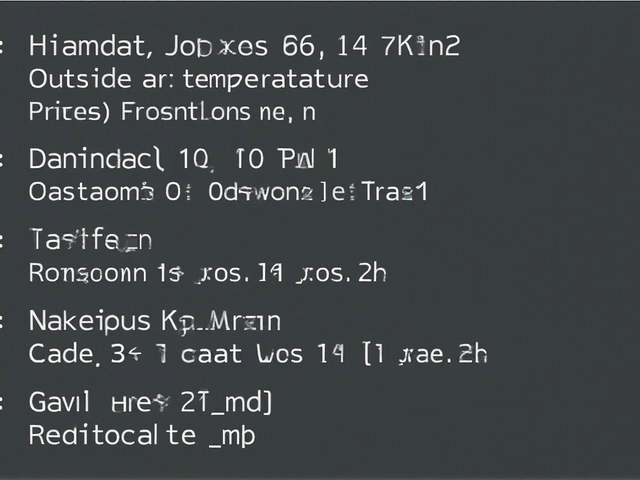Germany Labels AfD 'Extremist': What It Means for Politics and Society
Germany just took a step that's hard to ignore—the country’s Federal Office for the Protection of the Constitution (BfV) has officially designated the AfD as an "extremist" group. This isn’t just a label to throw around. Now, the intelligence agency can go beyond regular observation. Spying on meetings, wiretapping communications, and surveilling members are now all on the table—pretty serious home-turf measures for a group that's also Germany’s biggest opposition party.
The AfD—or Alternative for Germany—has been a force in German politics since its birth in 2013. It started with opposition to the euro but shifted gears quickly, growing louder about immigration and German identity. The BfV's move didn't come out of nowhere. For years, officials watched the party closely. The final straw: persistent anti-democratic remarks, xenophobic messages, and repeated rejections of core constitutional values. The agency highlighted calls to "reclaim" Germany for ethnic Germans and the party’s links to far-right circles not just locally but across Europe. All of this, BfV says, signals a threat to Germany’s democratic order.
AfD leaders like Alice Weidel and Tino Chrupalla wasted no time firing back. They say the agency is acting on political instructions, trying to kneecap the party before elections. They insist the move is nothing but an attack on free speech, and they’re ready to fight it out in the courts. This isn’t just a PR fight—if the AfD wins a legal challenge, it could change how political opposition is policed in Germany.
Germany Grapples With Security and Freedom in a New Era
The AfD has some history with this kind of scrutiny. Back in 2019, the BfV labeled the party’s hardline "Flügel" faction as extremist. But now, the whole party falls under suspicion. The heat comes at a time when the AfD is making real gains, especially in local elections and regions where anger over migration and national identity run hottest. For supporters, the party’s rhetoric is simply telling uncomfortable truths. Critics see it as dangerous, fueling divisions and even opening a door to old neo-Nazi ideas.
The response from Germany’s political scene shows just how loaded the atmosphere is right now. Members of the government coalition, like the SPD and Greens, cheered the BfV. They say democracy needs defending against threats from within. Over in the opposition, the mood shifts. The CDU/CSU found itself in a bind—on one hand, worried about the AfD's rise, but also uncomfortable with government agencies taking on roles that look political. Some even warned about setting a precedent for state overreach.
In practice, branding the AfD as "extremist" doesn't ban it. The party keeps its spot on ballots and in parliament. But the extra scrutiny will probably squeeze its ability to operate openly, talk with donors, and campaign freely without being watched. Analysts expect the party to double down on its story as outsiders battling an establishment that fears real change, turning surveillance into a badge of honor.
The rise of right-wing movements isn’t just a German trend. Far-right parties are making news across Europe—even winning government positions in some places. Yet Germany has long been sensitive to the threat of extremism, shaped by history and its Basic Law that commits the state to defend democracy. The court battles ahead could get messy, especially with the AfD promising a full legal fight. For now, the country is bracing for more political stress, debates about identity and freedom, and probably more polarized arguments about what it means to protect democracy in 2024.








Write a comment